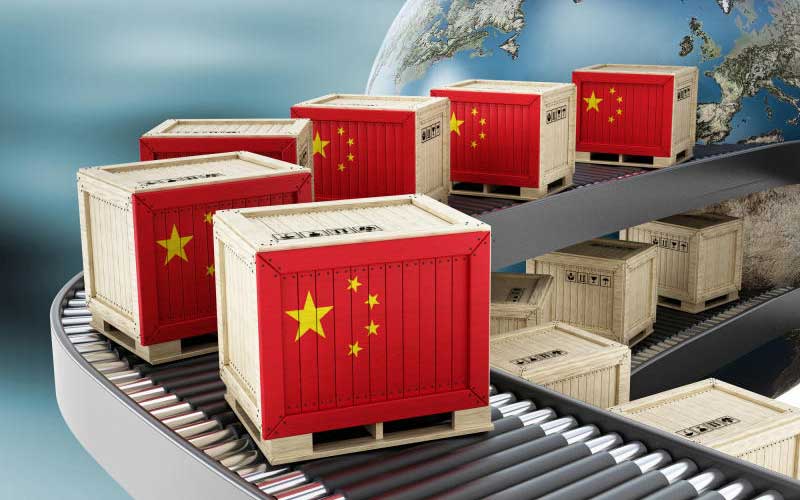×
The Standard e-Paper
Smart Minds Choose Us

Stores are empty: The emergence of the disease in China and the resulting closure of factories and ports has hurt imports.
The first case of coronavirus was reported in the country on Friday, March 13. Markets responded. The coronavirus fears wiped out a massive Sh120 billion in paper wealth on Friday alone.